EU declaration conformity
Potentiometer EC fan | OFF position | Modbus RTU
Product description
The SPV-8-010-PM is an advanced potentiometer for ventilation control with Modbus RTU for integration into a BMS or the SenteraWeb cloud.
It features a universal power supply (85-264 VAC) and a rotary knob with an OFF-position for manual control. All parameters, including min/max settings and output type (0-10 V, 0-20 mA, PWM), can be adjusted remotely via Modbus, offering flexible and efficient remote management.
This feature makes it highly adaptable and suitable for use in various locations around the world without needing specific voltage converters. It is compatible with a wide array of ventilation equipment, including EC fans and damper actuators.
Documents
Additional specifications and description
What does this potentiometer control?
SPV series are potentiometer that generate an analogue control signal (e.g. 0-10 Volt signal). This signal can be adjusted manually via the knob of the potentiometer. Turning the potentiometer knob clockwise will increase the analogue signal from low to high (default setting). The analogue control signal is typically used to control EC fans or damper actuators. It can also remotely control AC fan speed controllers (EVS or MVS series) or frequency inverters (FI-E series).
What’s new in the SPV potentiometer series?
SPV-8-010-PM is the successor of the good old MTV-1-010-PM series and has almost the same functionality, but is better. The old technology using jumpers is replaced by Modbus RTU communication, the wiring is done using a cage clamp connection and last but not least the design is improved in order to suit modern interiors. You can still use the SPV as a manual potentiometer, but to make use of the whole set of its features, we advise on using Modbus RTU communication.
What additional features does it have?
What additional features does it have?
This is not just a simple potentiometer. This is a state-of-the-art digital potentiometer. It can work stand-alone or it can be integrated in a Modbus-RTU network. This offers the possibility to set the 0-10 Volt signal manually via the potentiometer or to overrule the manual control via Modbus RTU communication. Via Modbus RTU communication, the potentiometer output value can be overwritten. The potentiometer position, the output value and all other parameters can be read via Modbus RTU communication. The complete parameter list is available in the Modbus register map on the product page.
How Can You Control This Potentiometer Remotely?
Via an optional internet gateway, this potentiometer can be connected to SenteraWeb - the online HVAC portal. This makes it possible to remotely read out the output value or even to overwrite this output value. SenteraWeb features a day-week timer. This makes it possible to overwrite the potentiometer output during certain moments in the day or week. There is no need to install apps or software to use SenteraWeb. SenteraWeb is accessible via a standard web browser like Google Chrome or MS Edge.
How can the output range be adjusted?


Some EC motors or valve drives cannot handle control signals that are too small. Sometimes a fan is overdimensioned or too powerful. No worries, the upper and lower limits of this potentiometer's output can be adjusted via Modbus RTU. E.g. by default, the output signal is 0-10 V. This can be adjusted to 4-9 V or another customised range.
Can the output be inverted?
By default, this potentiometers output goes from low to high. It is possible to inverse the output of this potentiometer so that it goes from high to low. E.g. by default, the output signal is 0-10 V. This can be adjusted towards 10-0 V.
What is the required powered supply?
This potentiometer works directly on 230 VAC mains voltage. No separate power supply is required! Simply connect the potentiometer to the power distribution network and control your ventilation.
What output types are available?
The output type of this potentiometer can be selected via Modbus RTU communication. There are 3 possibilities: 0—10 V, 0—20 mA or 0—100 % PWM. The easiest way to change the output type is via 3SModbus software or via SenteraWeb.

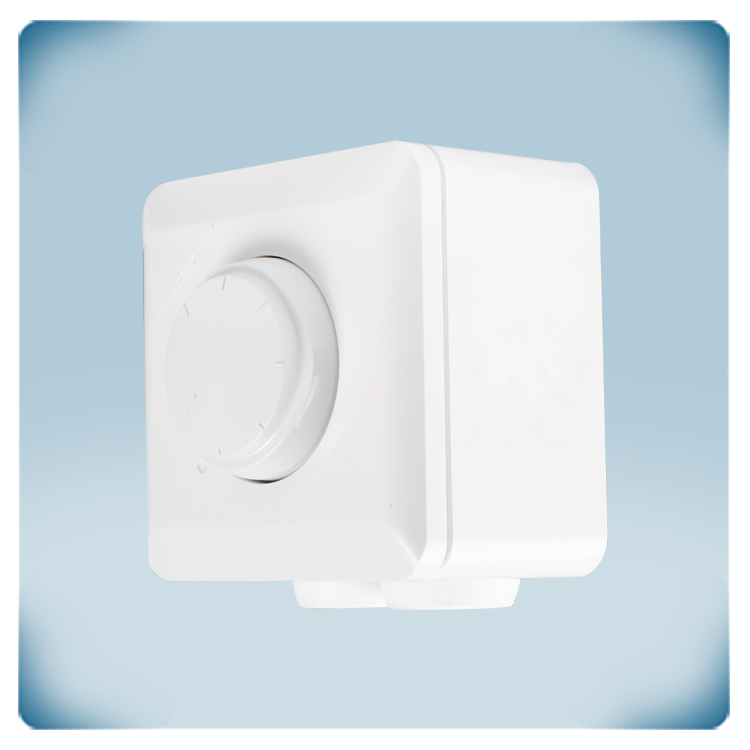
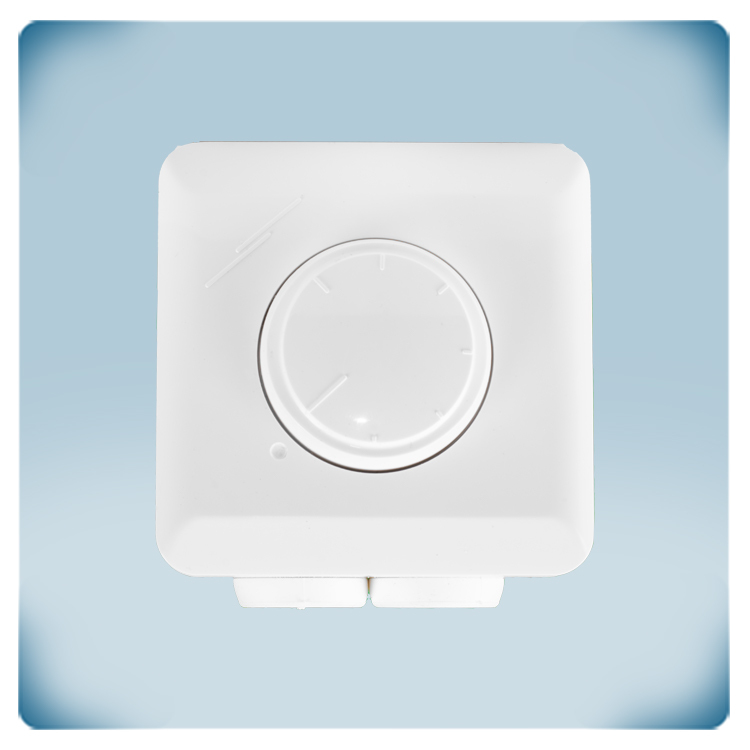
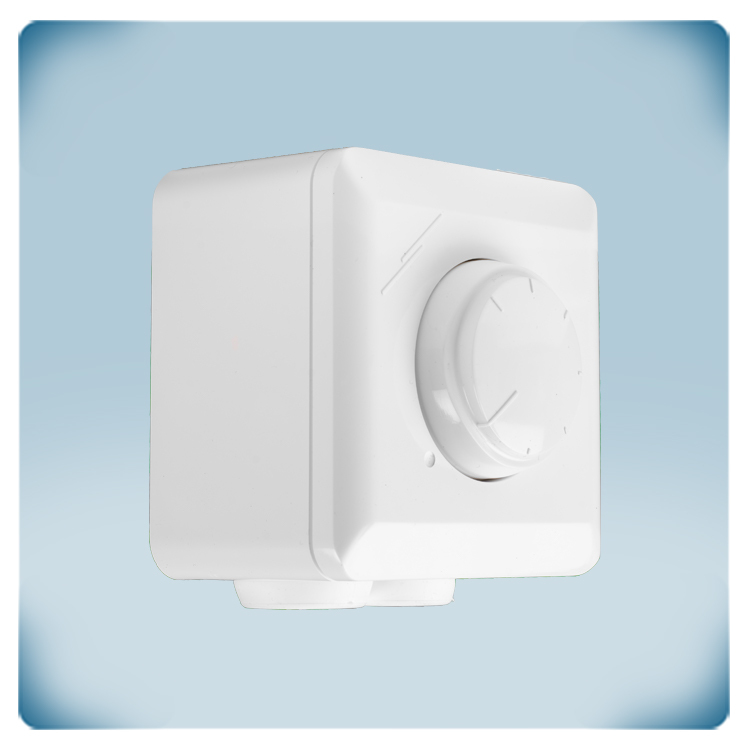
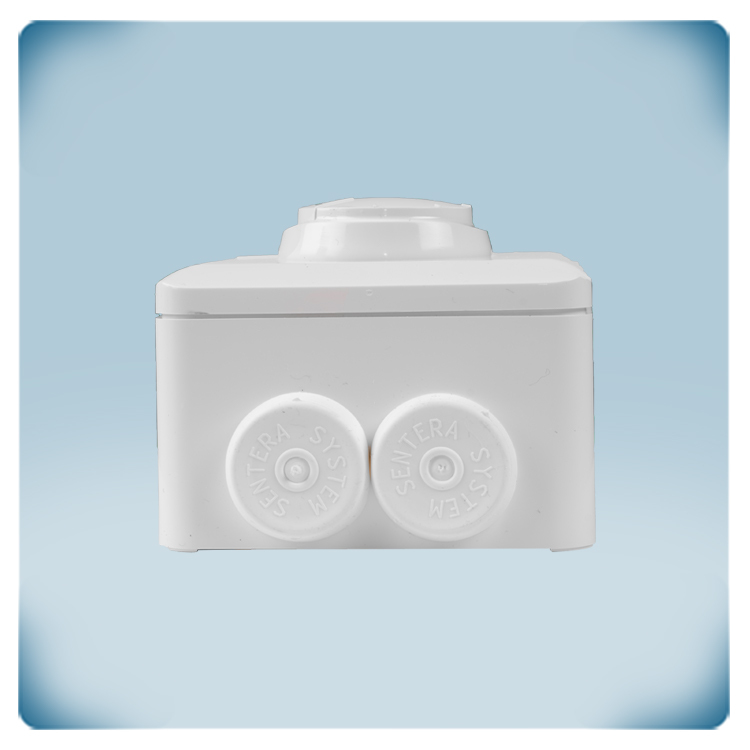
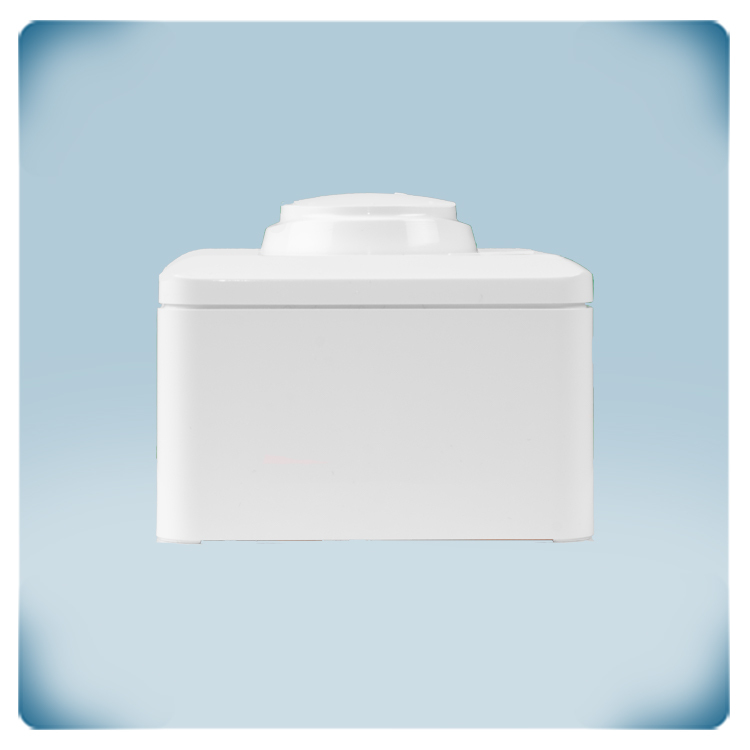
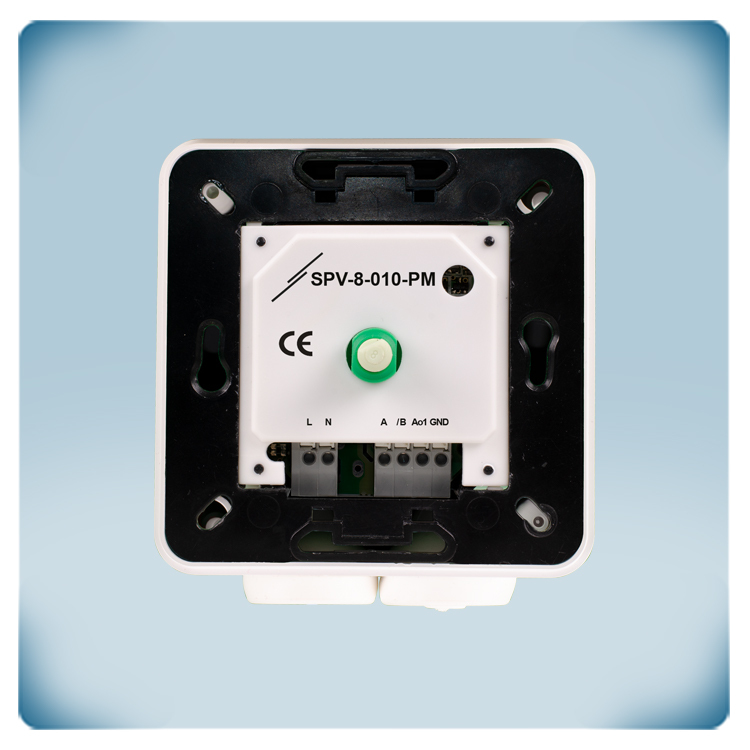
.webp)
.webp)
.webp)
.webp)
.webp)
.webp)

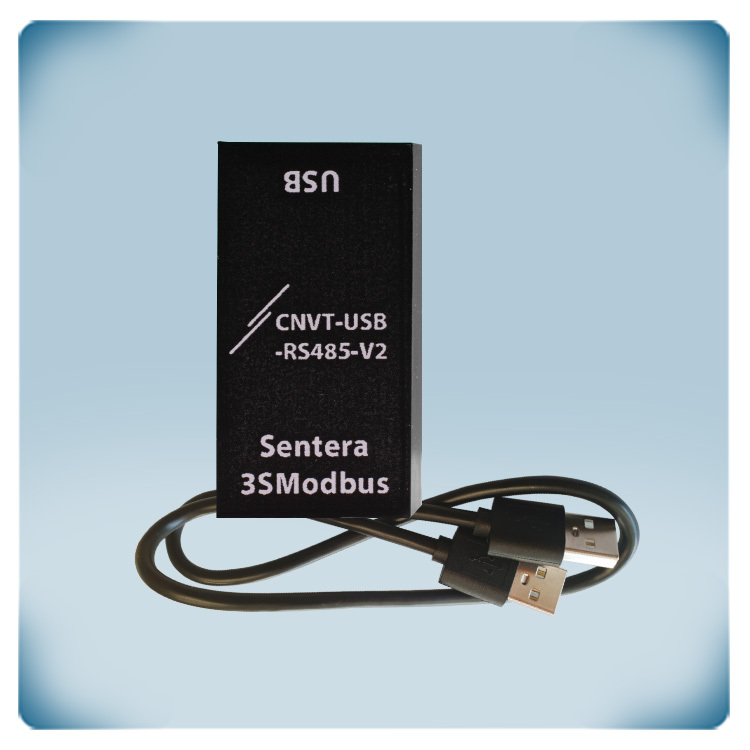
Remarks, reviews & ratings